How Jenin became symbol of Palestinian resistance against Zionist genocide
By Xavier Villar
Last week, for two full days, the Zionist occupation forces utilized their full military might to attack and demolish the Jenin refugee camp in the occupied northern West Bank.
According to multiple witnesses, the scene was reminiscent of the Zionist military aggression against the refugee camp in 2002, or perhaps even worse.
At least 12 Palestinians, including three children, were killed in the ground and aerial raid. Israeli bulldozers also caused extensive damage to an area already deteriorated by years of occupation.
It is important to note that the Jenin refugee camp is home to approximately 23,600 Palestinians.
This refugee camp, one of the oldest in occupied Palestine, is considered by Zionist authorities as one of the main hotspots of what they label as "terrorist activity."
It is necessary to analyze the usage of the language of terrorism by Zionists. This is a language that seeks to criminalize any attempt to dismantle the oppressive system on which Zionism is based.
It can be described as a civilizing language, as it serves to identify and discipline entire populations deemed "unruly." Therefore, continuing to use the label of "terrorism" only perpetuates a grammar that seeks to preserve the political, epistemic, and material hegemony of the colonizers.
For the Palestinian population, on the other hand, Jenin is seen as one of the central points of resistance against the occupation. It was precisely the resistance of all Palestinian groups, in an exemplary display of unity and coordination, that compelled the Zionist troops to retreat.
Despite repeated attempts by Zionists to eliminate the popular resistance in Jenin, the flashpoint city in the occupied West Bank has become a political symbol against oppression and daily genocide.
From a discursive standpoint, it can be argued that the resistance's ability to survive and respond to Zionist aggressions generates political anxiety within the Zionist entity, as its very political survival is called into question.
This anxiety arises precisely due to Zionism's inability to eradicate the Palestinian political aspiration and impose its hegemony definitively and completely.
In this regard, the Palestinian resistance as a whole, with the support of resistance groups like Hezbollah and backed by the Islamic Republic of Iran, can be seen as a movement that prevents the Zionist entity from projecting itself politically in the future.
Simultaneously, the political presence of the resistance questions the role of the Palestinian Authority as "colonial administrators."
Here, it can be said that the fierce and courageous resistance of the Jenin Brigades contrasts with the failure of the Palestinian Authority to protect its own people from Israeli atrocities.
From the perspective of the resistance in Jenin, it is important to once again highlight the nature of asymmetric warfare against Zionist troops.
According to Ziad al-Nakhalah, the Secretary-General of the Islamic Jihad resistance movement, this strategy resulted in "a glorious victory by ending Israel's aggression against the Jenin refugee camp and compelling its troops to withdraw from the area."
He hastened to add that the Palestinian nation “through unity and unwavering support to the fighters of the resistance, has demonstrated that they can defeat the Zionist enemy."
The notion of unity emphasized by the Secretary-General of Islamic Jihad should be seen not only from an organizational standpoint but also from a political perspective.
This political unity, based on an Islamic vision, brings together various members of the Axis of Resistance, such as Hamas, Islamic Jihad, and Hezbollah, among others, in a common struggle against the figure of the mostakberin, a Quranic term that can be translated as "oppressors."
The response from the population in Jenin and the Palestinian resistance groups highlights that Islam can be employed as a political tool with a focus on liberation and anti-colonial struggle.
This, in turn, questions the Orientalist notion that the domain of the political is solely confined to the West, understood as an ideology.
The articulation of this Muslim identity has become a counter-history to the dominant sequence known as "from Plato to NATO."
As such, the articulation of a Muslim subjective position becomes political in two senses. Firstly, it is political in the sense that it disrupts the existing hegemonic discourse, highlighting the "ignoble" institutionalization of the dominant narrative. Secondly, it enables the establishment of a public and autonomous distinction between friends and enemies.
Hence, it can be affirmed that the Palestinian resistance against colonial Zionist occupation is an integral part of the Muslim identity and the concept of the "Ummatic mandate," understood as the ethical-political will to construct and preserve that identity in the face of numerous obstacles.
Xavier Villar is a Ph.D. in Islamic Studies and researcher who divides his time between Spain and Iran.
(The views expressed in this article do not necessarily reflect those of Press TV)
Israel finalizes execution plans for Palestinian abductees after Knesset vote: Report
VIDEO | Press TV's news headlines
VIDEO | Pakistan mosque attack in Islamabad sparks protests in Kashmir, Kargil
Hamas condemns Israel's 'fascist settler-colonial' project aimed at annexing West Bank
Iran's Greco-Roman wrestling team wins championship title at Zagreb Open 2026
VIDEO | UK arrests Press TV contributor amid crackdown on pro-Palestine activism
VIDEO | Axis of Resistance stands as multinational front for justice
Swiss academics call for end to research treaty with Israel over Gaza genocide


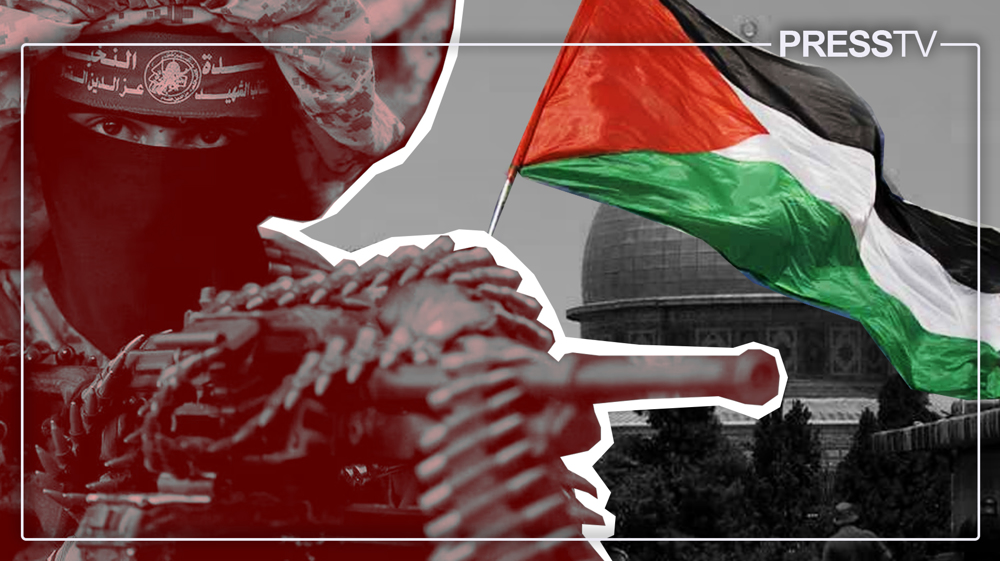
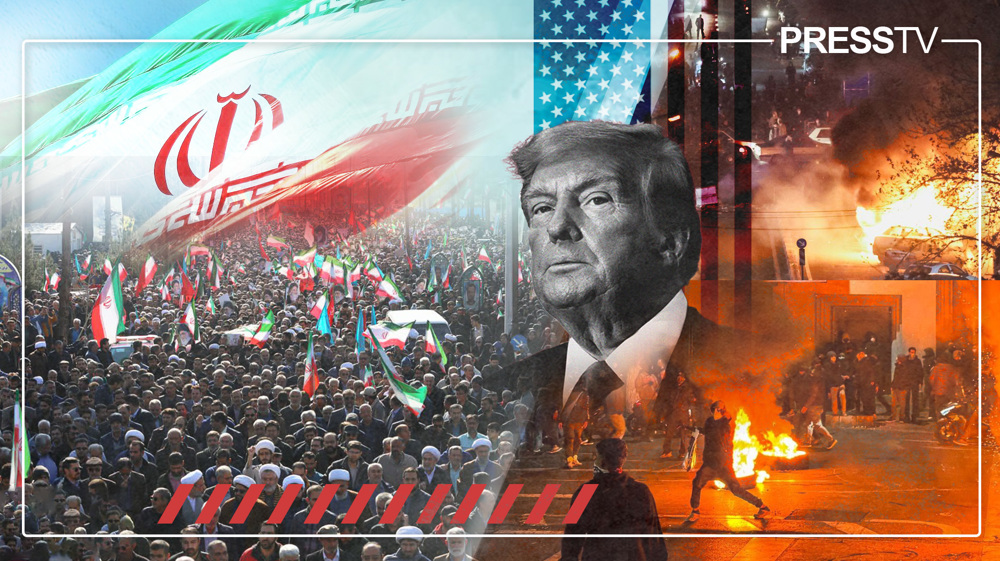
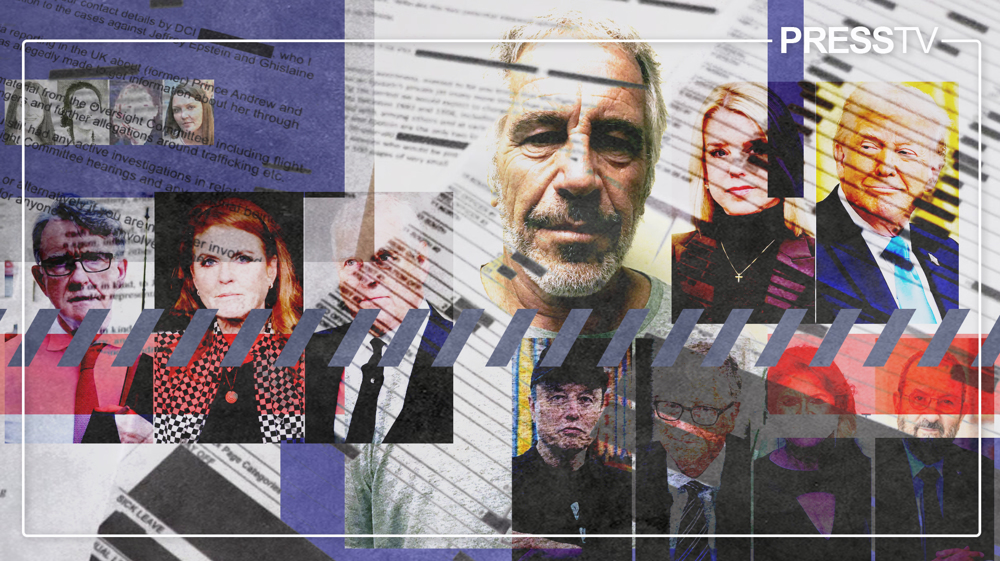
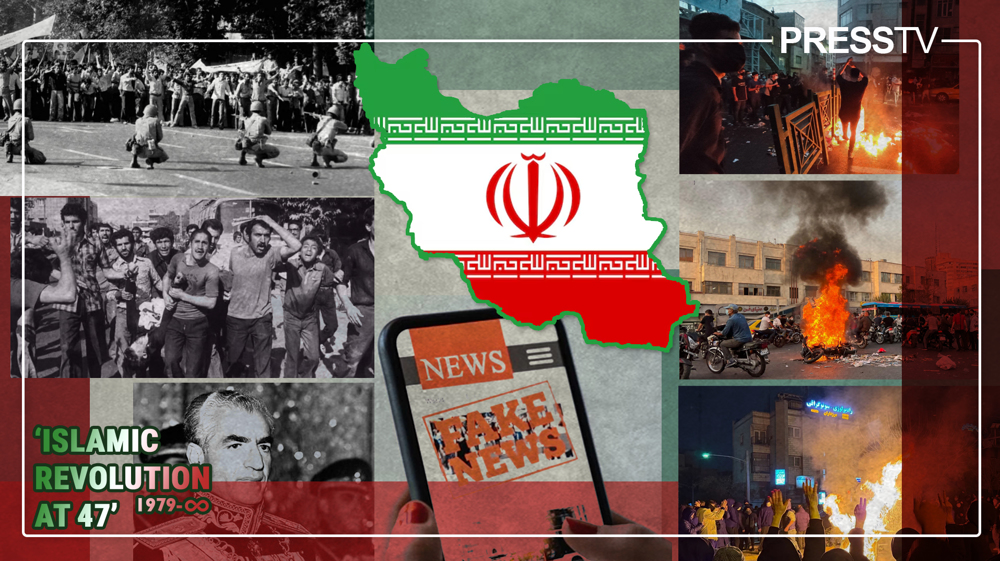



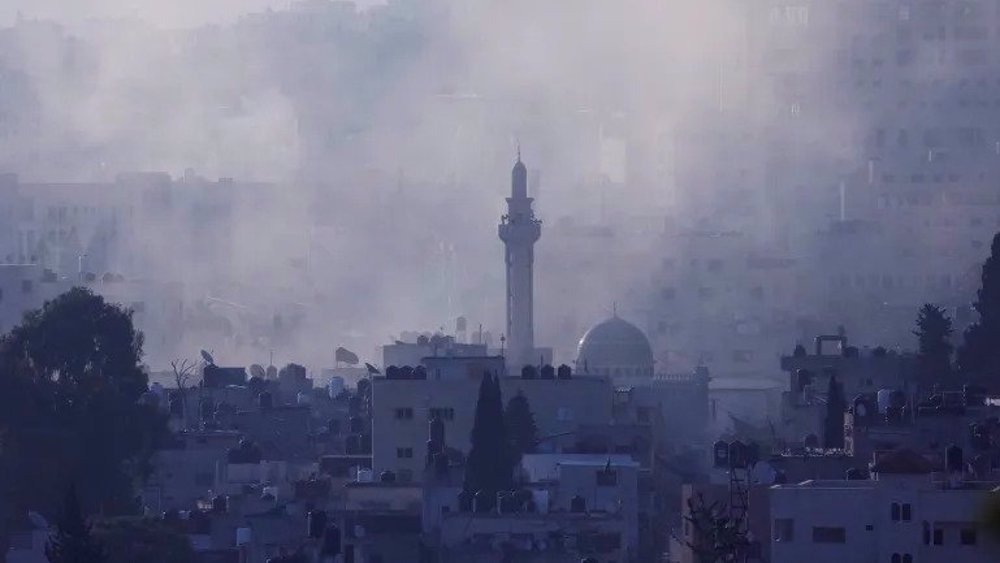
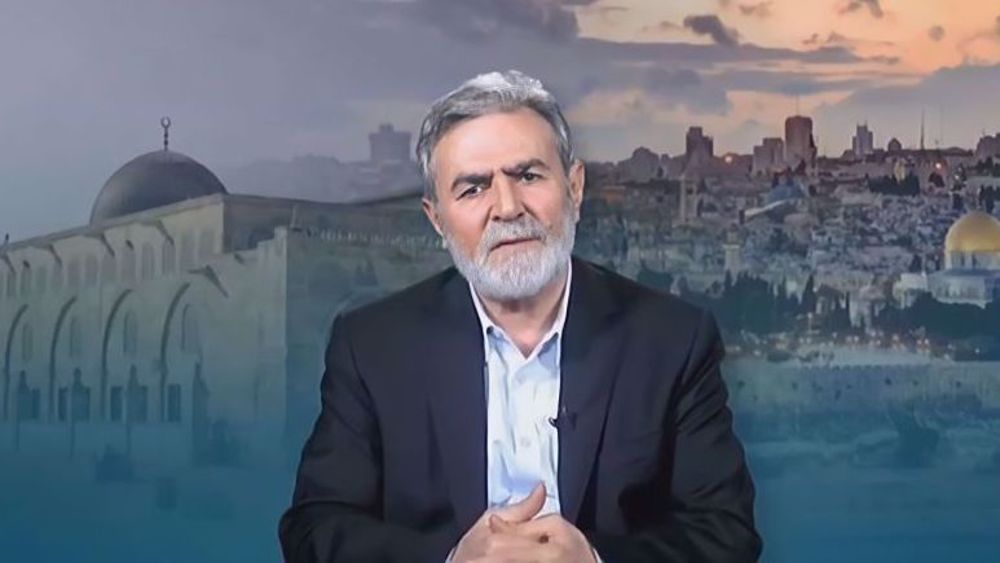
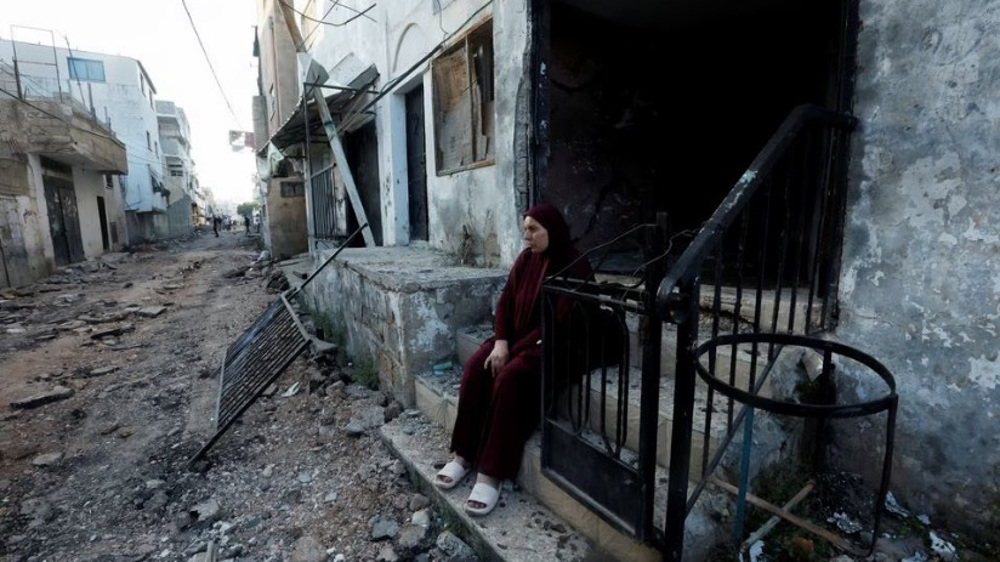
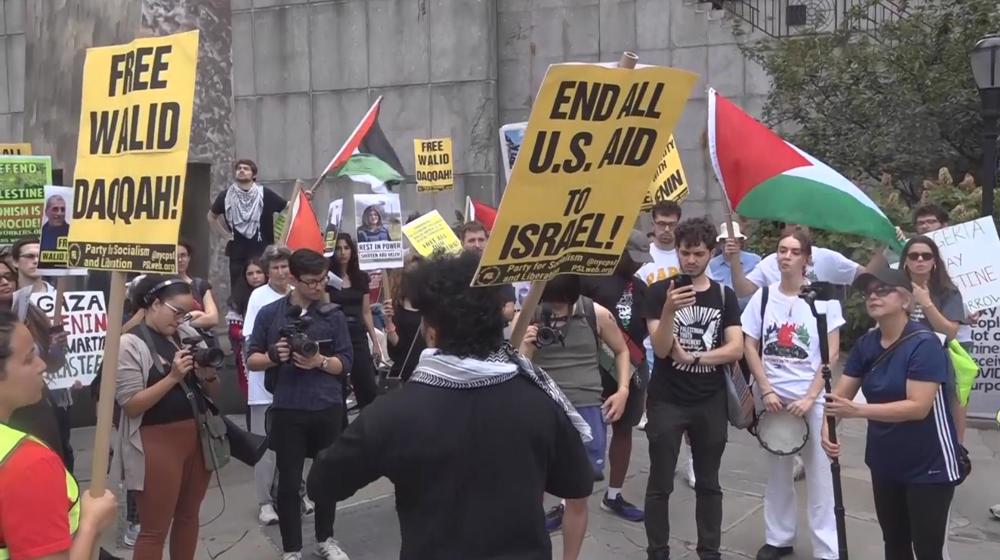
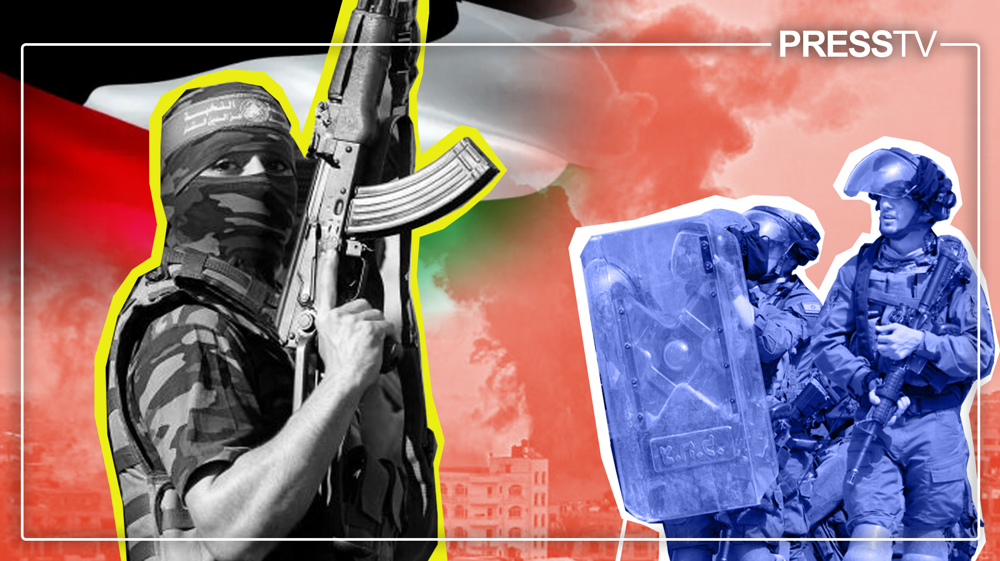

 This makes it easy to access the Press TV website
This makes it easy to access the Press TV website